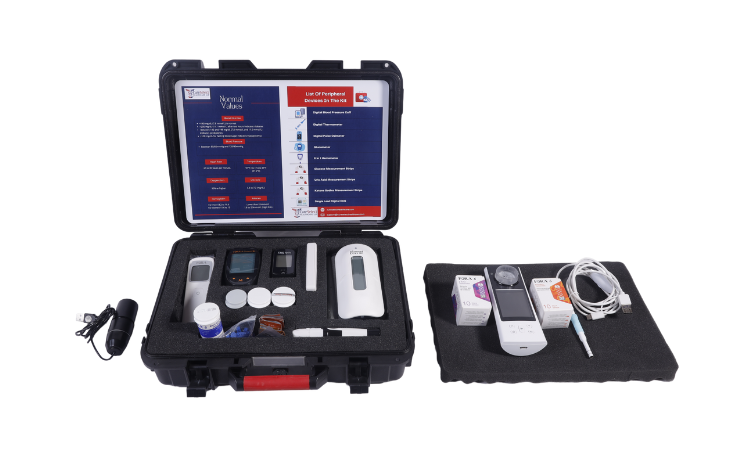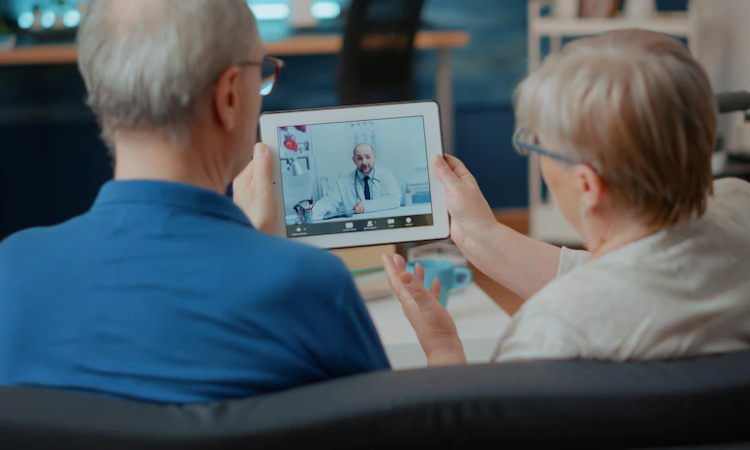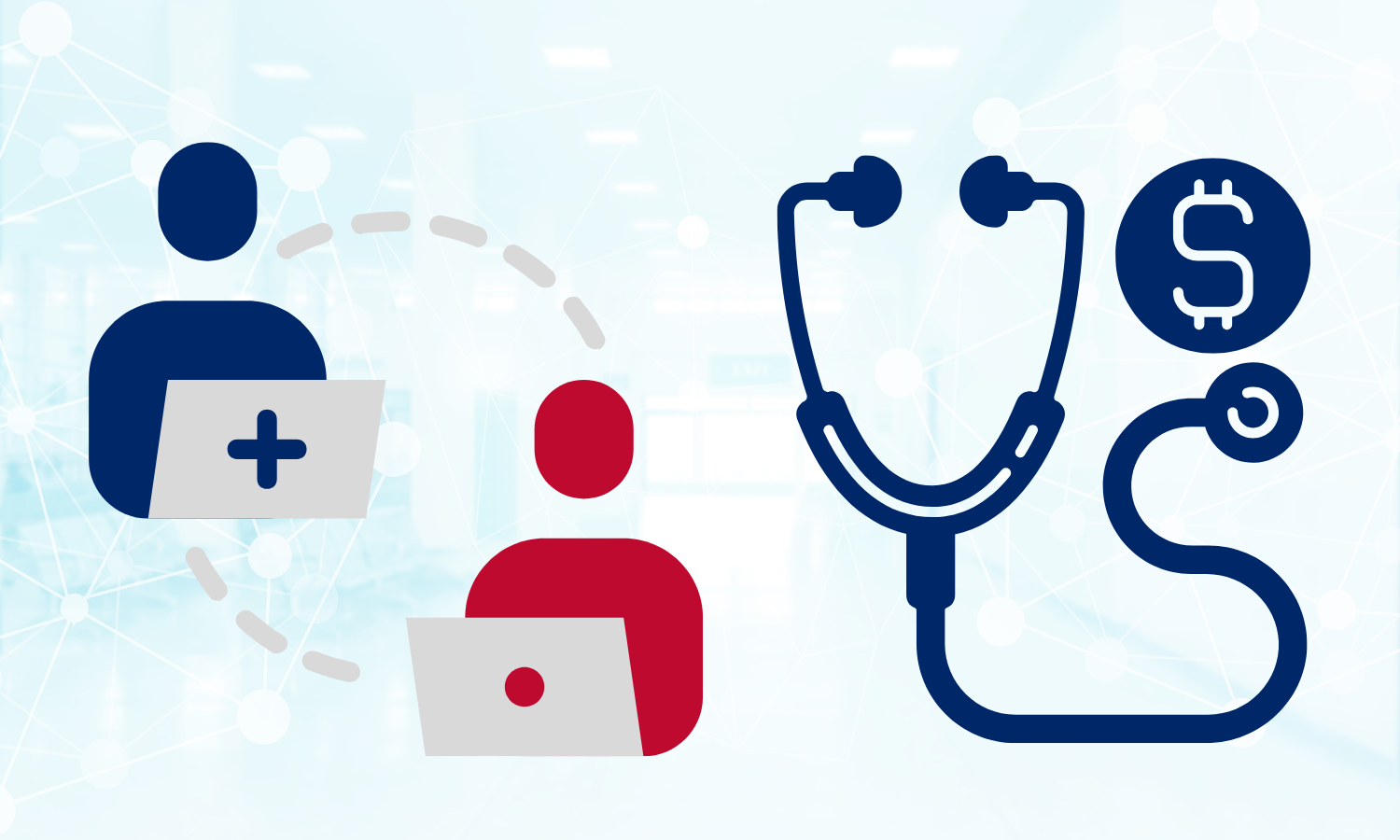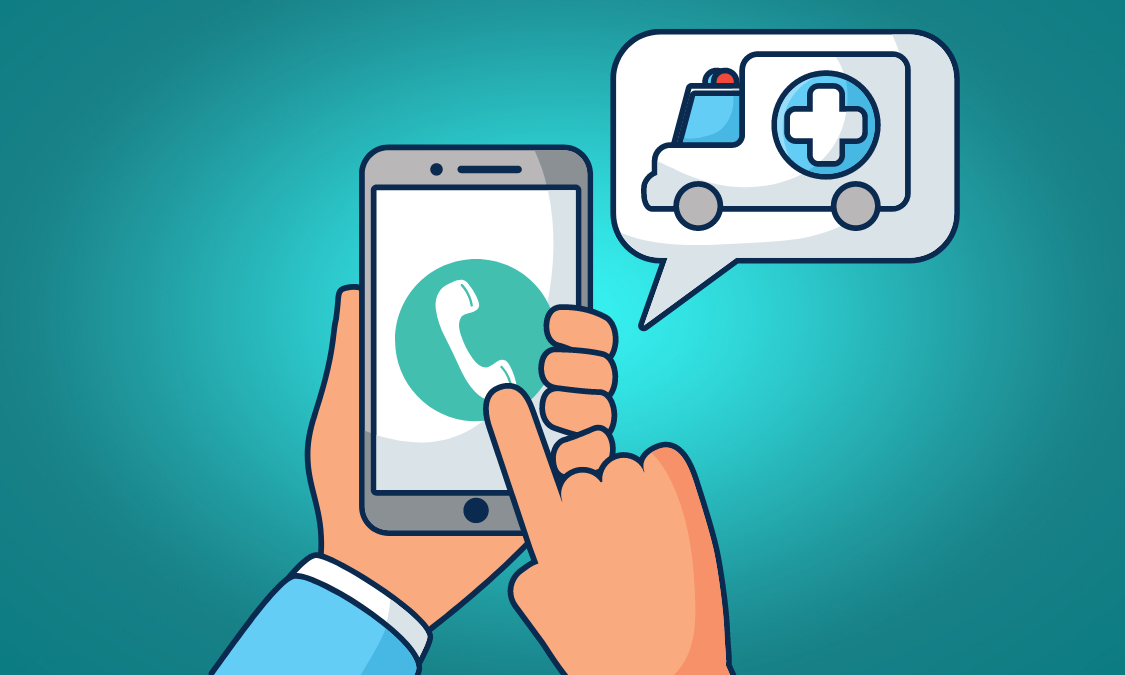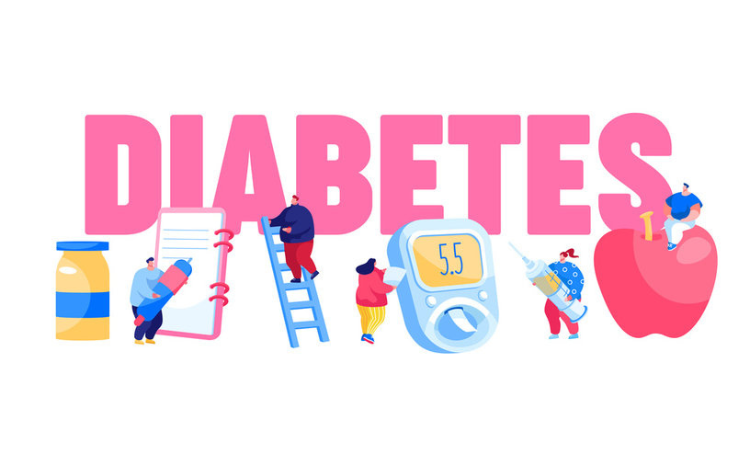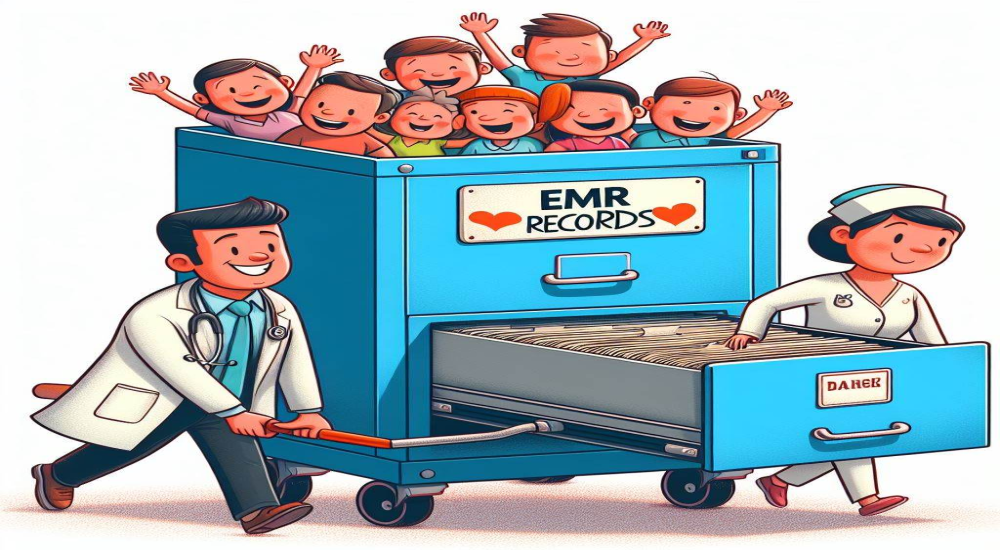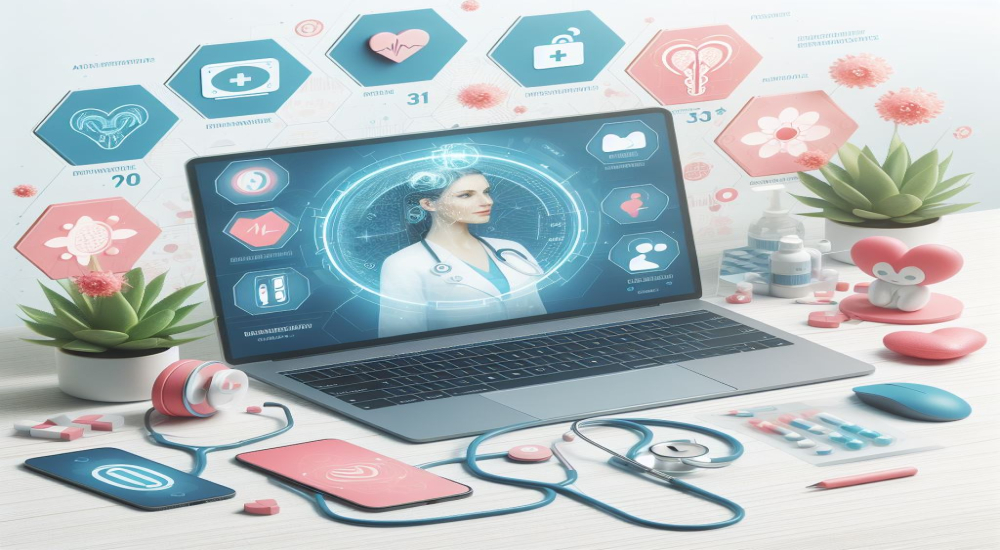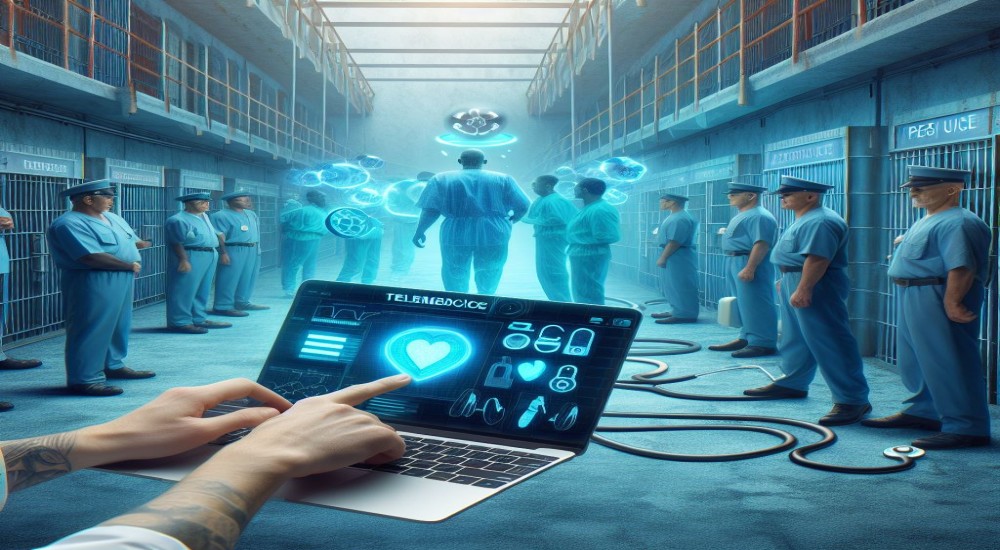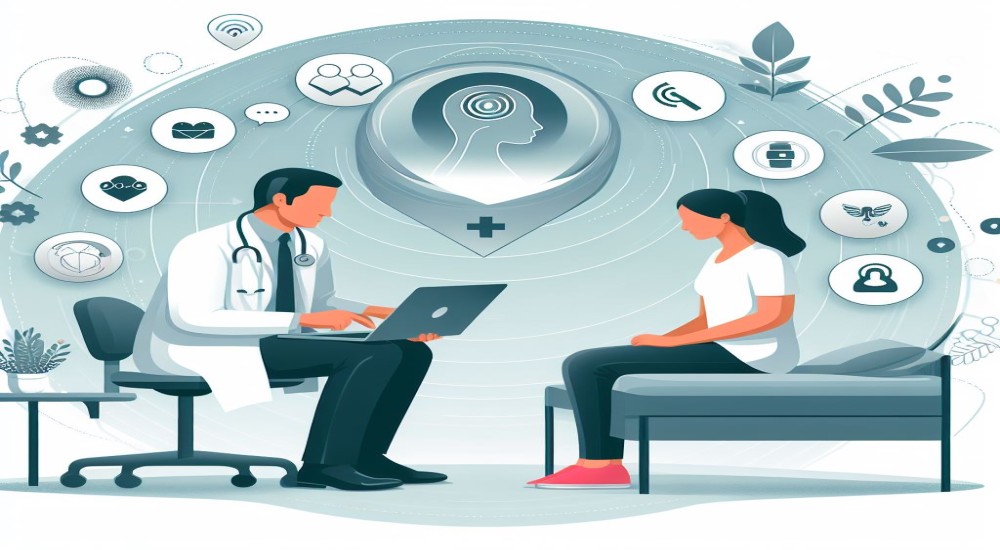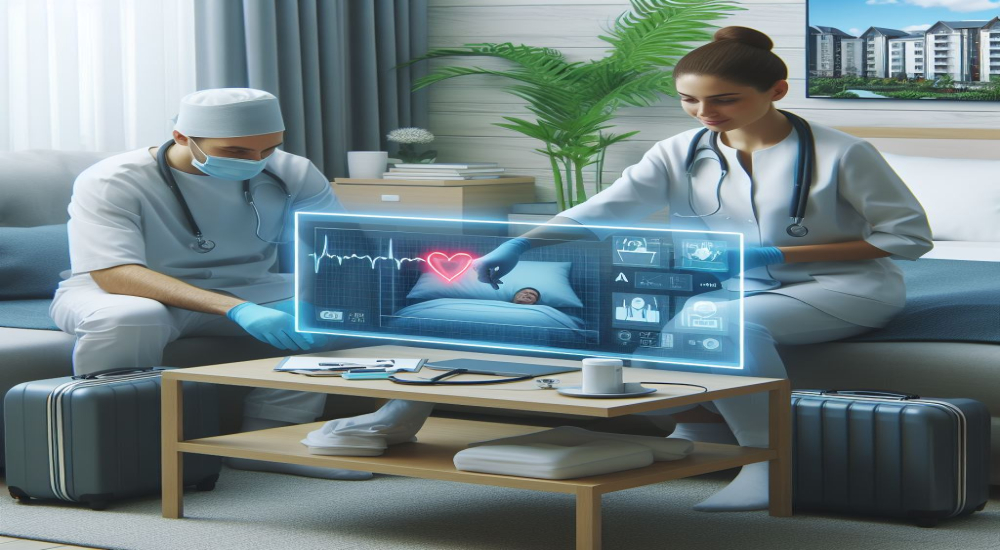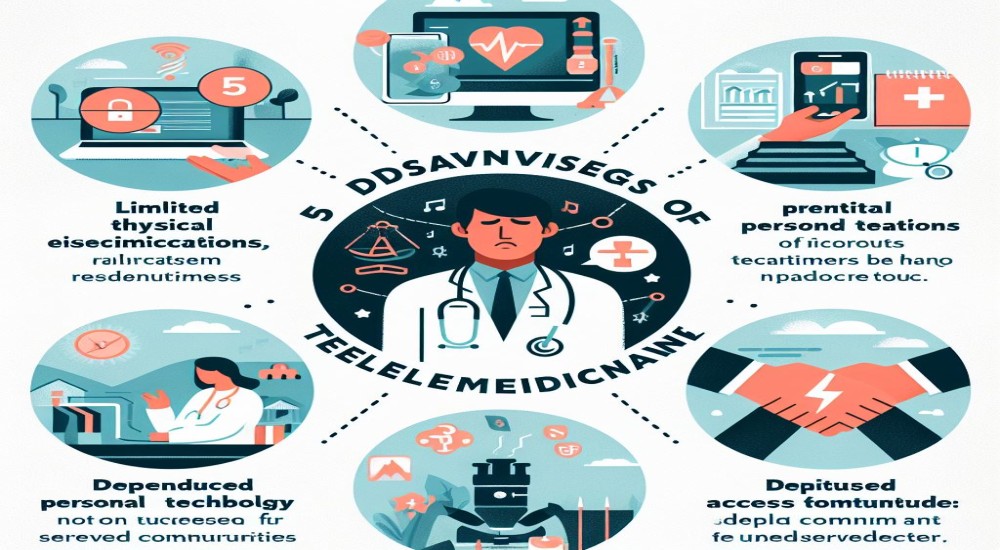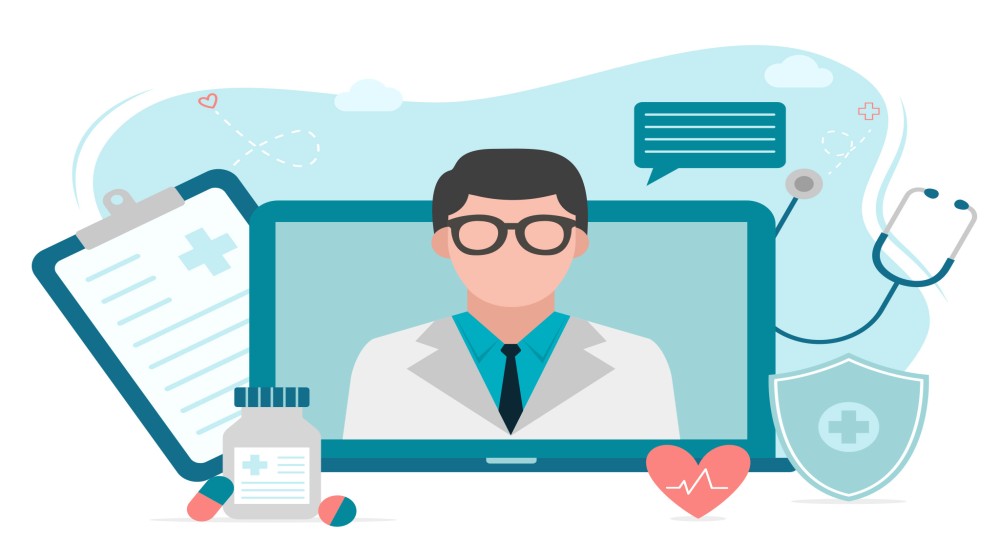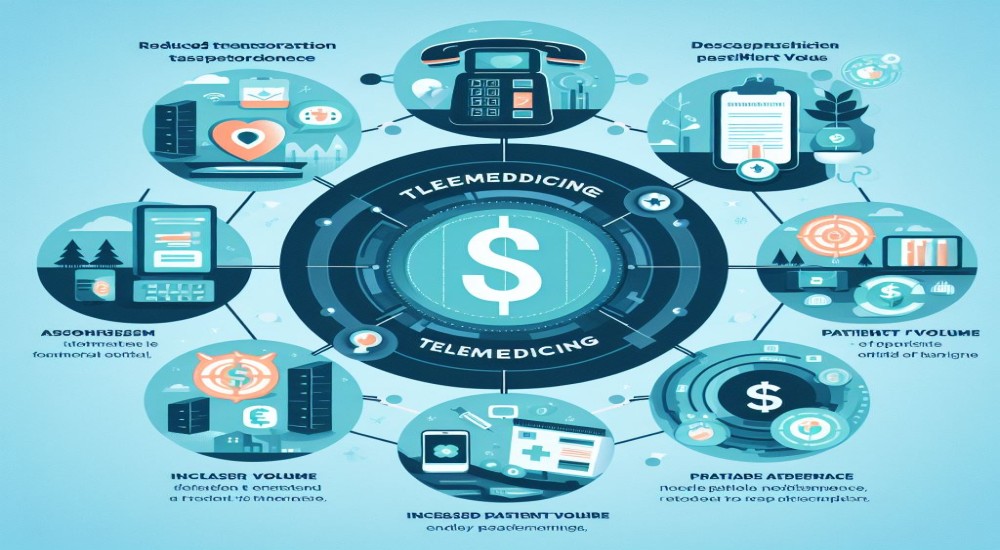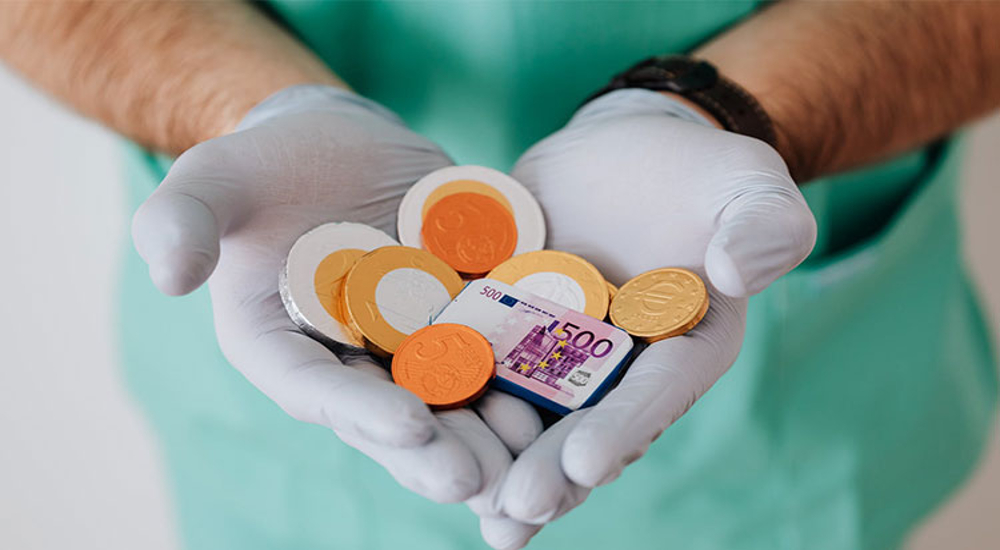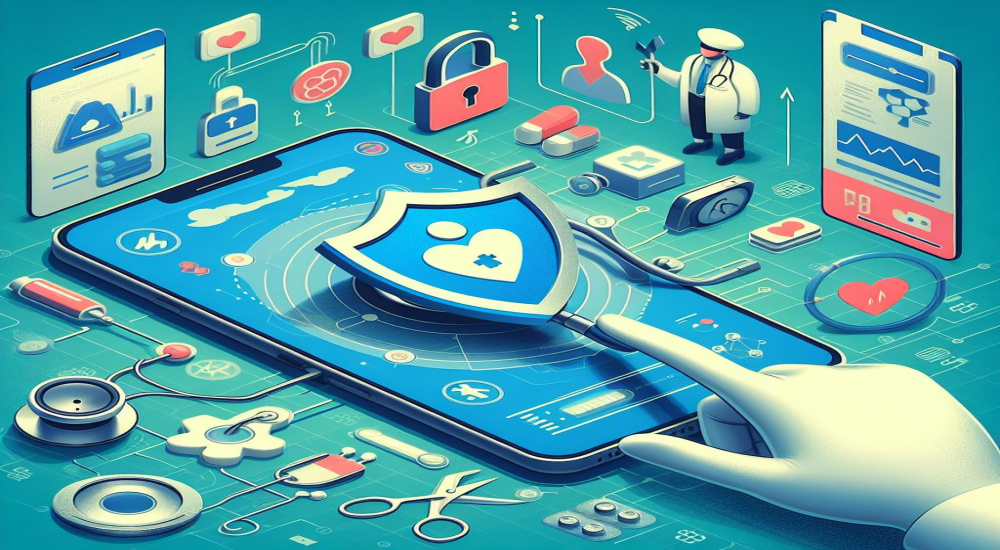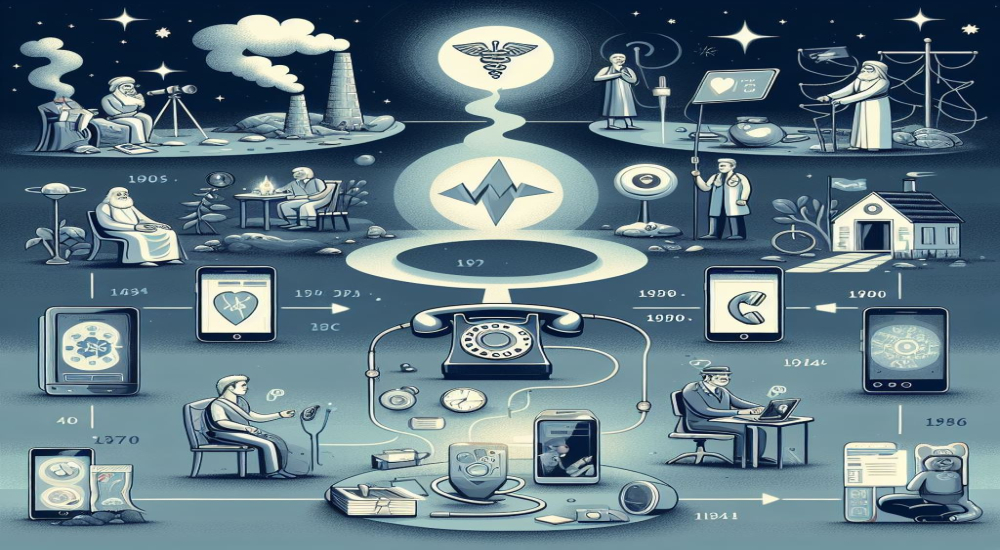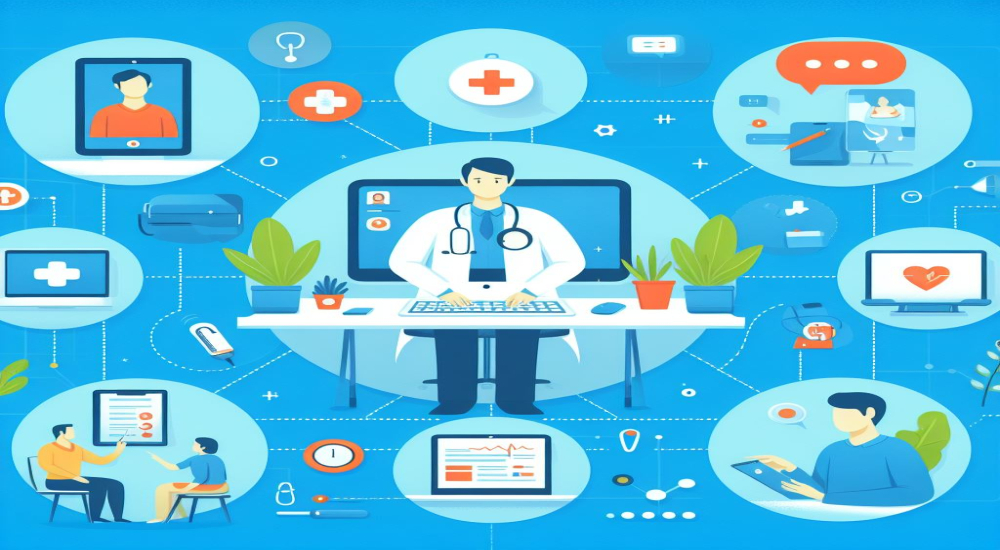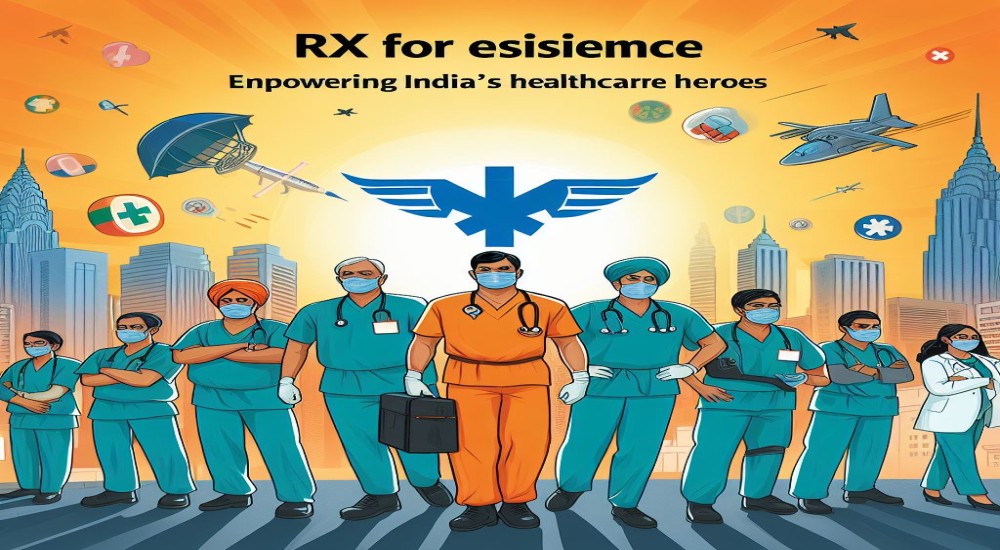Empowering Pregnant Mothers: The Role of Telemedicine and Remote Health Monitoring
Pregnancy, a miraculous journey of nurturing life, is undoubtedly one of the most transformative experiences in a woman's life. However, this journey can be riddled with uncertainties and health concerns, making regular medical supervision crucial for both the mother and the unborn child. In recent years, advancements in telemedicine and remote health monitoring software have revolutionized prenatal care, offering pregnant mothers unprecedented access to healthcare resources and support, regardless of geographical constraints. From monitoring vitals to ensuring timely vaccinations and medical records management, these technologies are reshaping the landscape of pregnancy care, providing expectant mothers with comprehensive support and peace of mind throughout their gestation period.
Continuous Monitoring of Vitals:
Telemedicine and remote health monitoring technologies enable pregnant mothers to monitor their vital signs conveniently from the comfort of their homes. With wearable devices such as smartwatches and health trackers equipped with sensors capable of measuring parameters like heart rate, blood pressure, and fetal movements, expectant mothers can maintain a real-time record of their health status. These devices offer not only convenience but also early detection of any anomalies, allowing for prompt intervention by healthcare professionals. Continuous monitoring ensures that any concerning changes in vital signs are promptly addressed, minimizing the risk of complications and ensuring the well-being of both the mother and the baby.
Timely Vaccinations and Medical Records Management:
Effective prenatal care involves adherence to a schedule of vaccinations and regular medical check-ups to monitor the progression of the pregnancy. Telemedicine platforms streamline this process by providing pregnant mothers with personalized schedules and reminders for vaccinations and appointments. Additionally, remote health monitoring software centralizes medical records, ensuring that pertinent information such as ultrasound reports, blood tests, and medication history are readily accessible to both the mother and her healthcare providers. This comprehensive approach to medical records management not only improves efficiency but also reduces the likelihood of errors and oversights, thus enhancing the quality of prenatal care.
Immediate Access to Healthcare Professionals:
One of the most significant advantages of telemedicine in pregnancy care is the ability to connect expectant mothers with healthcare professionals promptly, regardless of their location. In the event of an emergency or concerning symptoms, pregnant women can access virtual consultations with obstetricians, gynecologists, or certified nurses at any time. This immediate access to healthcare expertise alleviates anxiety and ensures timely intervention, potentially saving lives in critical situations. Moreover, telemedicine platforms often incorporate features such as secure messaging and video conferencing, facilitating ongoing communication between pregnant mothers and their healthcare providers, fostering a sense of support and trust throughout the pregnancy journey.
Remote Monitoring for High-Risk Pregnancies:
For women with high-risk pregnancies due to underlying medical conditions or complications, remote health monitoring software offers a lifeline of support and surveillance. Continuous monitoring of parameters such as blood glucose levels in gestational diabetes or blood pressure in pre-eclampsia allows for early detection of exacerbations or deviations from the normal range. Alerts and notifications can be programmed to prompt immediate action when values exceed predefined thresholds, ensuring proactive management of high-risk situations. By empowering women with high-risk pregnancies to actively participate in their care and providing healthcare providers with real-time data, telemedicine contributes to improved outcomes and reduced maternal and fetal morbidity.
Enhancing Maternal Empowerment and Engagement:
Beyond the clinical benefits, telemedicine and remote health monitoring software play a crucial role in empowering pregnant mothers to take charge of their health and actively engage in their prenatal care. Through educational resources, personalized health insights, and interactive features, these platforms empower women with knowledge and confidence, enabling informed decision-making regarding their health and well-being. Moreover, the convenience and accessibility afforded by telemedicine encourage regular participation in prenatal appointments and adherence to treatment plans, fostering a collaborative partnership between pregnant mothers and their healthcare providers. This shared responsibility and engagement contribute to a positive pregnancy experience and pave the way for improved maternal and neonatal outcomes.
Challenges and Future Directions:
While telemedicine and remote health monitoring hold immense promise in revolutionizing prenatal care, several challenges must be addressed to maximize their efficacy and accessibility. Ensuring equitable access to technology and overcoming barriers such as digital literacy and connectivity issues are paramount to reaching underserved populations, particularly in rural or low-income areas. Additionally, the integration of telemedicine into existing healthcare systems requires careful consideration of regulatory frameworks, reimbursement policies, and data privacy concerns to safeguard patient rights and ensure compliance with healthcare standards.
Looking ahead, the future of prenatal care lies in the continued advancement and integration of telemedicine technologies, coupled with ongoing research and innovation in maternal-fetal medicine. From AI-driven predictive analytics to virtual reality simulations of childbirth, the possibilities are vast for enhancing the pregnancy experience and optimizing outcomes for mothers and babies alike. By harnessing the transformative power of telemedicine, we can embark on a journey towards a future where every pregnant woman receives the personalized, proactive, and empowering care she deserves.
Conclusion
In conclusion, telemedicine and remote health monitoring software are invaluable tools in the modern era of prenatal care, offering pregnant mothers unprecedented access to medical supervision, support, and resources throughout their pregnancy journey. From continuous monitoring of vitals to facilitating timely vaccinations and connecting women with healthcare professionals in emergencies, these technologies empower expectant mothers to actively engage in their care and make informed decisions for the well-being of themselves and their babies. As we embrace the digital revolution in healthcare, let us ensure that no woman is left behind, and every pregnancy is nurtured with compassion, expertise, and innovation.

